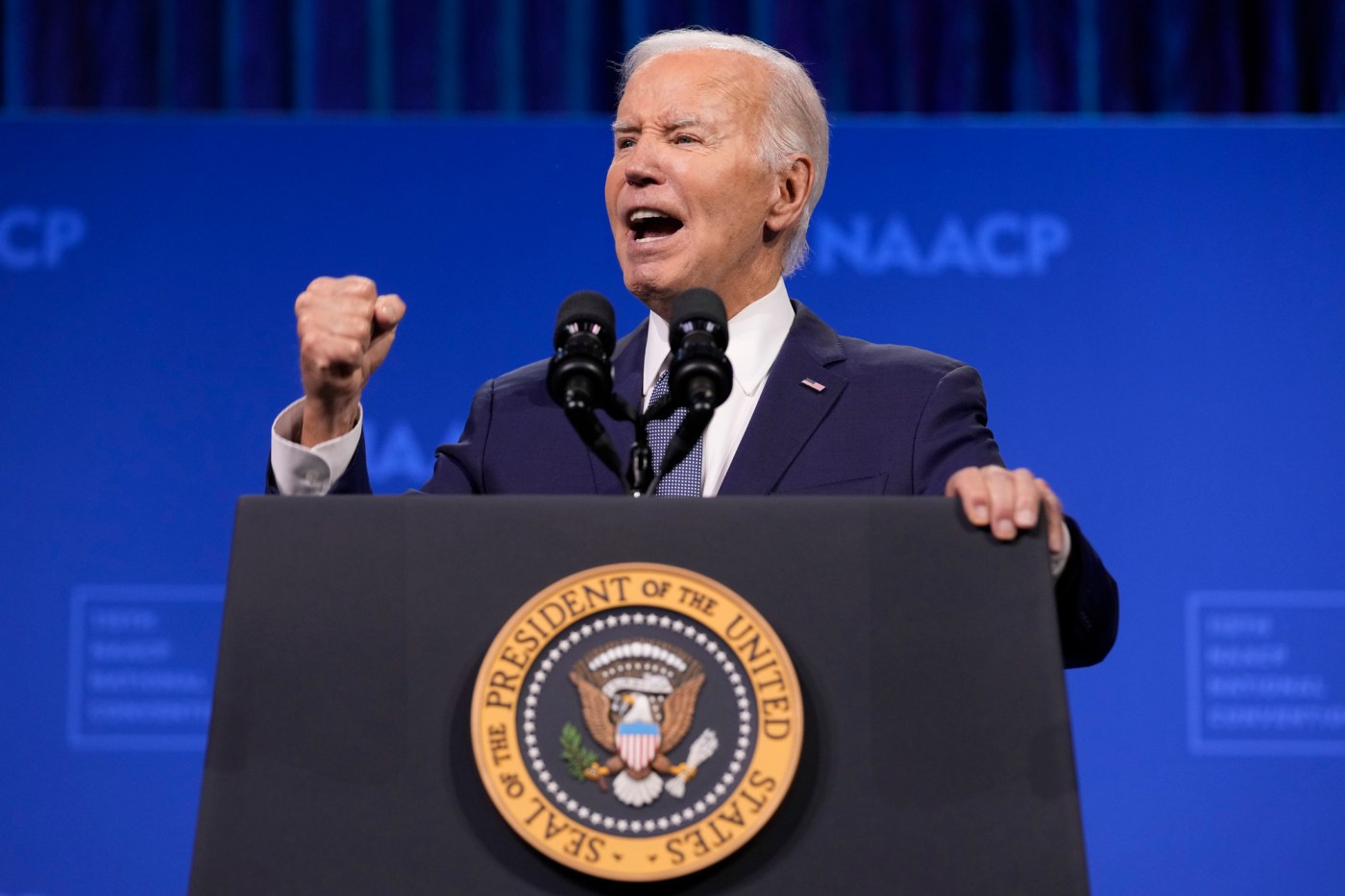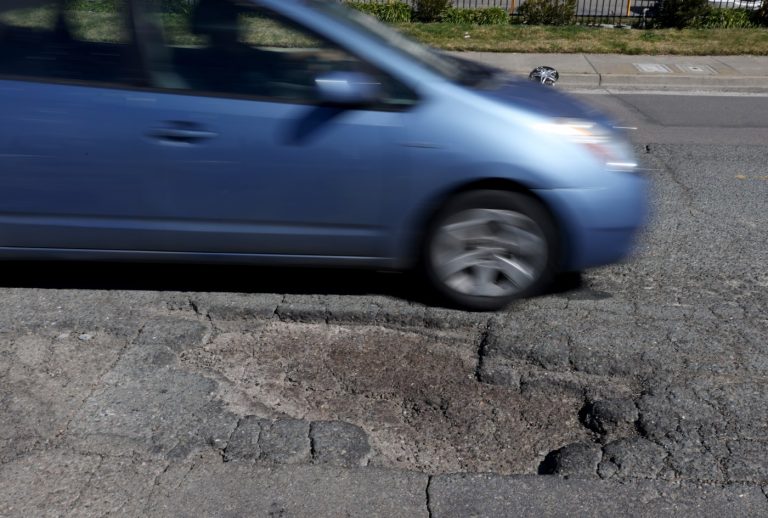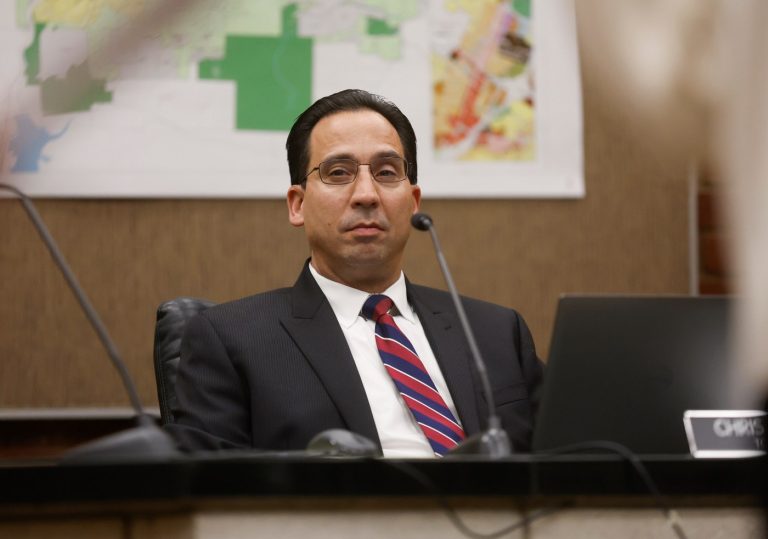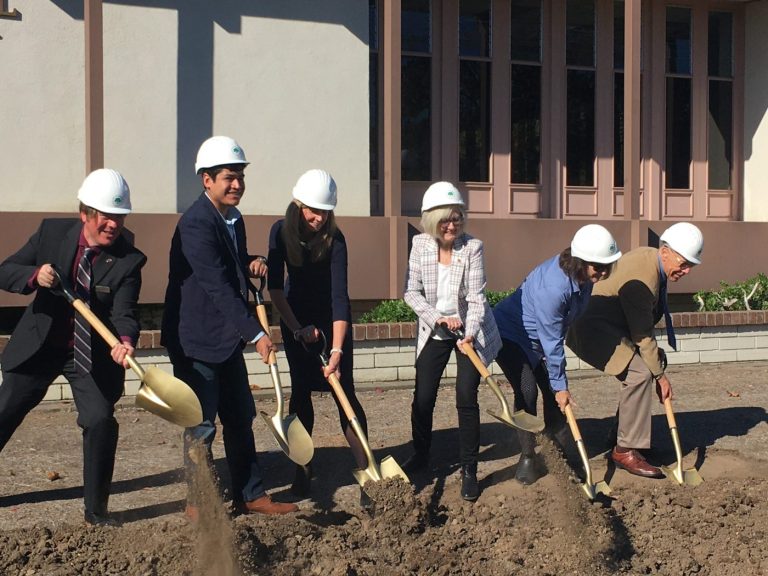By MJ Lee and Devan Cole | CNN
President Joe Biden is seriously considering publicly endorsing major reforms at the Supreme Court, a move that would make him the first sitting president in generations to back seismic changes to the way the nation’s highest court operates, according to two sources familiar with the deliberations.
Chief among the changes Biden is planning to publicly back are term limits for the nine justices, who currently serve lifetime appointments. The president is also said to be preparing to throw his support behind an ethics code for the court that would contain an enforcement mechanism, which was notably absent from the code the court adopted last year.
Liberal lawmakers and groups have been calling for these actions in recent years.
Additionally, Biden is considering whether he should push for a constitutional amendment that would effectively reverse the historic ruling from the court earlier this month that gave presidents immunity for some actions they take while in office.
The Washington Post first reported the president’s plans to publicly support the reforms.
If adopted by Congress, the changes would represent some of the biggest to hit the court in decades. Progressives have in recent years been pushing for such dramatic reforms at the court, but Biden has not fully embraced their proposed reforms, instead taking a much more cautious approach to the court that has included him forming a commission to look at potential reforms during the early days of his presidency.
But as the Supreme Court came under intense scrutiny in 2023 following a series of blockbuster investigative pieces that turned a spotlight on the ethical alleged lapses of several of the justices, Democrats in Congress pushed for meaningful reforms at the court, though the issue never fully gained steam. The nine justices eventually released an ethics code in November that did little to assuage concerns from the court’s critics.
The reforms backed by Biden would need congressional approval and the constitutional amendment would require ratification by 38 states in a process that seems nearly impossible to succeed.
This story is breaking and will be updated.












